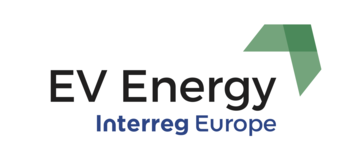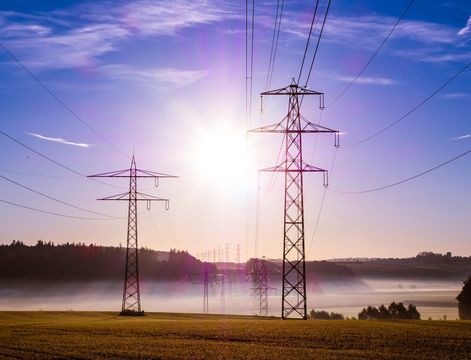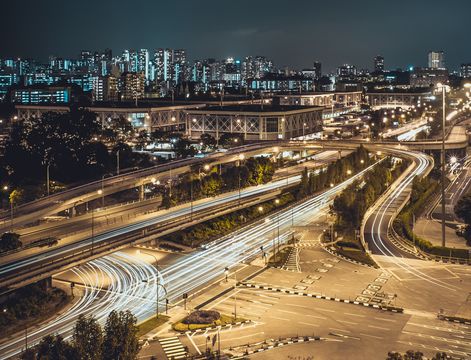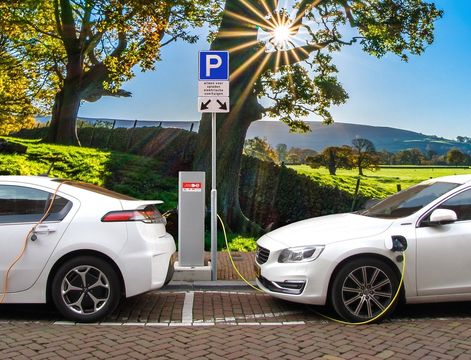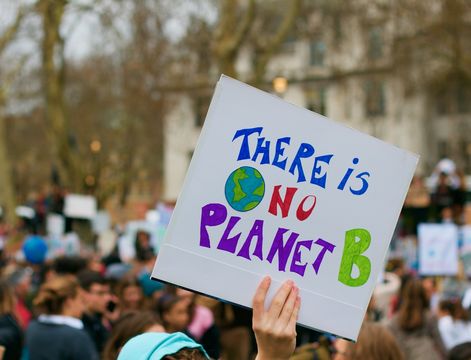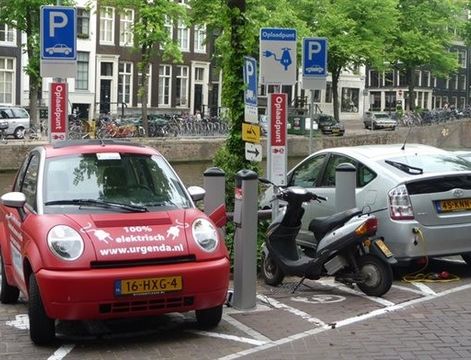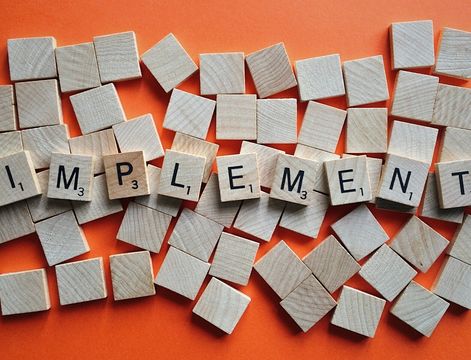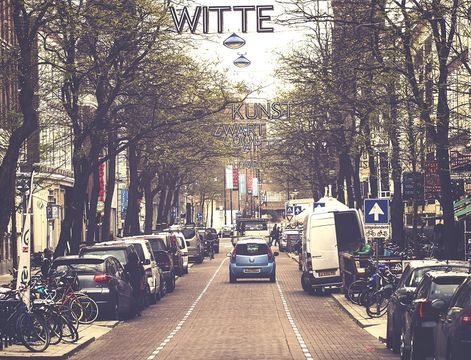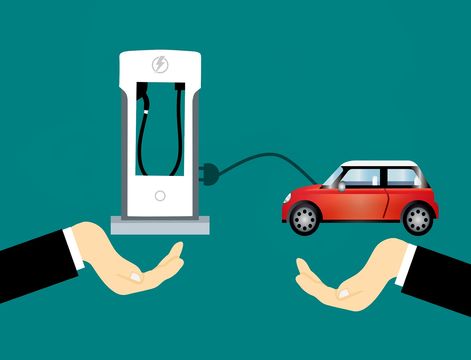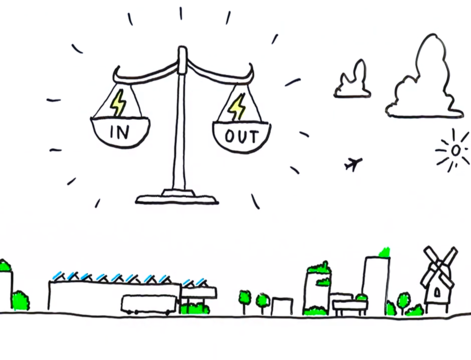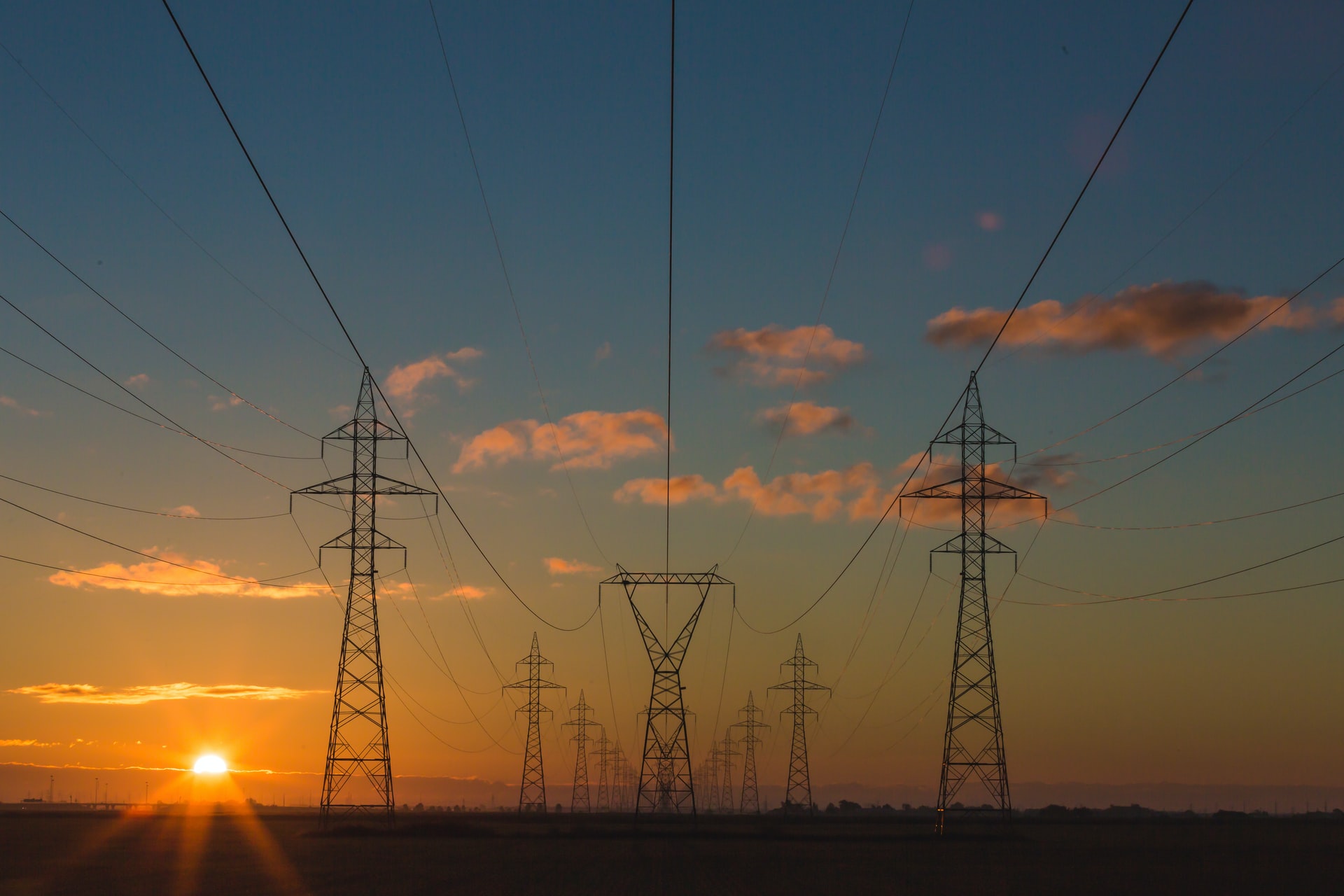Almost four semesters of EV Energy project have passed already and we have gained a lot of knowledge from our project and each other. It was time to make some noise again about our project and share what we have learned with the public! And, what could have served this purpose better than a dissemination event in the beautiful autumn scenery of Barcelona?
The event happened on the 3 October 2018. The Barcelona Chamber of Commerce, the main organiser, spared no effort to make it a great success. For its organisation, it could gain the support of the Clúster de l'Energia Eficient de Catalunya (Catalan Efficient Energy Cluster), LIVE Platform, the Generalitat de Catalunya (Catalan Regional Government), Expoelectric and Transports Metropolitans de Barcelona (Barcelona Metropolitan Transports), in other words, the full spectrum of Catalan energy and mobility stakeholder was on board to support the event. We were furthermore lucky to be able to organise the event back-to-back with the Expoelectric, the most important electric vehicles fair in southern Europe, which participants had the chance to visit.
The event itself took place in the stunning Casa Llotja de Mar building, the official headquarters of the Chamber and one of the most emblematic buildings of its kind within the city of Barcelona. The 18th century splendour and tradition-rich ambience of the “Saló Daurat” (Golden Room), where the main part of the agenda took place, somewhat clashed with the event’s innovative subject “Urban Mobility for Energy Transition”, referring to the aim of making use of urban electric transport for the energy transition. However, it was in keeping with the commercial slogan of the building: "Halls with history, events with future".
During the first part of the event, we could listen to a series of speeches addressing the energy and mobility scenario in Spain, Catalonia and Barcelona by 2030 with questions like: Will the goals be reached, which flaws does the system show, where lies the highest potential for change?
This session was followed by a group interview with representatives from the EV partner regions Flevoland, Stockholm, Kaunas and Lazio on the challenges they are facing and how EV Energy project could or will help to overcome them. The interview also offered a nice comparative perspective in between the different regions and highlighted the strengths and weaknesses of each of them.
After a short coffee break, two parallel sessions took place: A marketplace event organised by the Catalan Efficient Energy Cluster, where local companies from the energy and mobility sector presented themselves or pitched their products; and a peer-to-peer workshop for invited experts. The workshop was composed of five tables each moderated by an expert and attended by 5-8 international participants. Each table treated a different subject related to the energy and mobility transition:
- Renewables and electric vehicles integration,
- Technological challenges
- Business models
- Social perspective
- Policy and regulation
For the moderation, we were supported by experts from NISSAN, the Catalonia Institute for Energy Research (IREC), km0.energy, Olivo Energy, Resourcefully and smartgrid.cat, who were so kind to guide the discussions and to share their knowledge with us.
As an energiser after lunch before starting into the afternoon session, a short quiz on electric vehicles took place. Would you have guesses that the first EV was already produced in the 19th century or that the typical maximum speed of an electric Formula E racing car is 225km/h?
Later in the afternoon, the experts from the morning peer-to-peer workshop formed an expert panel, where they presented the results from the workshop. This input served as starting point for an open discussion among the experts and the public. One take away from the discussion surely was that there are still some minor technical issues to be solved in relation to the integration of electric vehicles with the energy sector, but they are not the showstoppers. The problems are rather related to business models, change-favouring policies and regulations, and last but not least, and maybe the most difficult one to overcome, the social dimension, meaning changing people’s mobility and energy consumption costumes and patterns.
In an additional session, companies from the sector had a change to meet and discuss face-to-face in B2B meetings organised by the Catalan Efficient Energy Cluster, a great opportunity to establish new business relationships.
To close the event we had the chance to participate in a very interesting study visit organised by LIVE Platform including the presentation of local charging infrastructure with technical explications and a demonstration of two electric scooter sharing services (eCooltra and Muving), where we even had the possibility to give the scooters a try. Electric drives fantastic I can tell you!
Watch video here.
Event presentation slides here.
